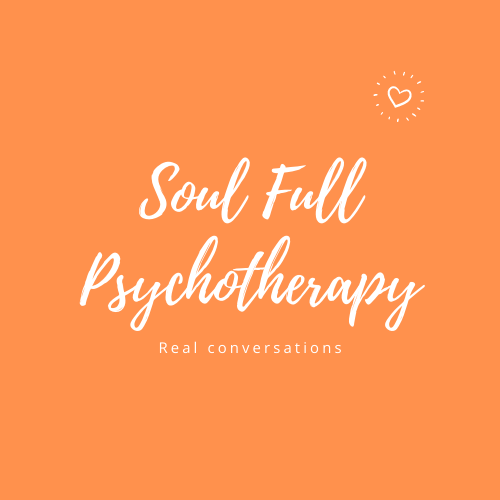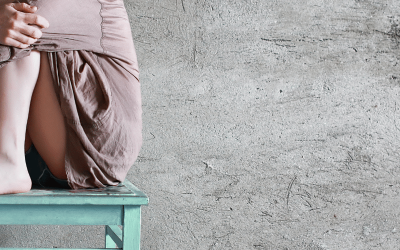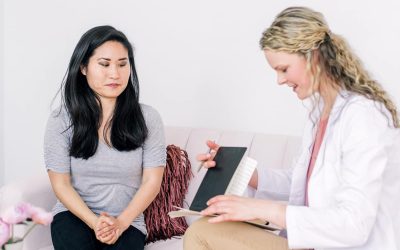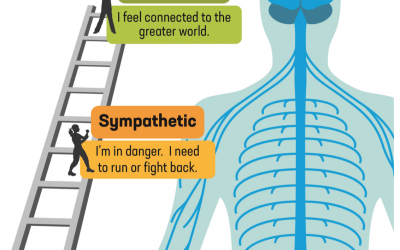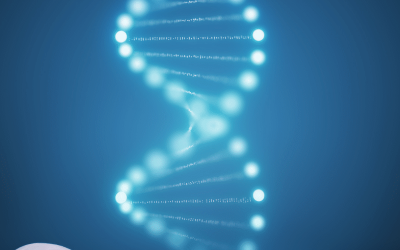What is Trauma?
Exploring childhood trauma and its impactDefining Trauma
Trauma can be determined as a one off event, for example, a car crash, a near death experience or a life changing injury (acute trauma) where we encounter a deeply distressing or disturbing experience, an event where we consider it a risk to life, where we think (even for a split second) that we might die.
Repeated or prolonged exposure to emotional trauma is described as chronic trauma, and would cover areas such as childhood abuse, domestic violence or bullying – something that happens over a period of time.
Complex trauma is multiple layers of chronic trauma, so an individual may have experienced child abuse, moved into a relationship in later life where they experience domestic violence and have an experience of bullying in the workplace.
In the medical sense, trauma is defined around injury. If you’ve seen any medical documentaries in the UK such as 24 hours in A & E, or Hospital you can see how multi-disciplinary teams work to save lives when someone has experienced a life threatening or life changing medical trauma.
Initial reactions to trauma can include feeling exhausted, confused, sad, feeling highly anxious or agitated. There may also be numbness or a feeling of reality not really happening. Most responses are normal in that they are activating the fight/flight/freeze response in our brain and nervous system.

%
Percentage of adults aged 18-74 who encountered child abuse (18.5 million people)
%
Adults who experienced abuse as children, and also experienced domestic abuse later in life.
%
Children who were abused before the age of 16, who experienced more than one type of abuse.
Statistics taken from the Office of National Statistics, Crime and Justice report – Child abuse extent and nature, England and Wales: year ending March 2019

Childhood Trauma
Trauma that occurs in childhood can have a significant impact, not only on the child at the time, but leading into their adult life. What a child learns about themselves when they experience physical, sexual, emotional or psychological abuse will stay with them until they die. I have a particular interest in childhood trauma because of my own personal experience, and my journey through healing many of the aspects of it.
When we are young, we need a consistent caregiver, not always a biological parent, but someone who we feel will protect and take care of us, as young mammals we are dependent upon that bond to survive. Infant babies cannot feed or clean themselves, and therefore a risk to the relationship with a caregiver is a risk to our own survival. I hope to share interesting articles, books, blog posts and personal experiences which will start to really break down the taboo of childhood trauma, and hopefully help you to begin to heal. You may be here because you have experienced trauma, or have a diagnosis of Post Traumatic Stress Disorder (PTSD) or Complex PTSD. I want you to know that recovery is possible.
%
The increase in the number of children looked after (local authority) because of abuse or neglect. (2019)
%
One in four women experience abuse before the age of 16
%
Number of adults who called NAPAC's Helpline and were reporting childhood abuse for the first time
Recovering from Living with an Alcoholic Parent: Steps to Healing and Moving Forward
Growing up with an alcoholic parent can be a difficult and painful experience. It can impact an individual's emotional, mental, and physical health and can have lasting effects well into adulthood. However, with the right support and resources, it...
Why People Access Therapy: Understanding the Benefits of Counselling
If you're struggling with mental health issues, you're not alone. Millions of people across the globe experience mental health challenges at some point in their lives. Whether you're dealing with anxiety, depression, trauma, or other issues, it can...
Our Body on Trauma
Trauma and The Body There is increasing evidence that our physiology is forever changed by traumatic events and our responses to them. In biological terms, this is the psychoneuroimmunology system or PNI for short (phew!). Our body on trauma reacts...
Trauma and the Body
This is one of a series of posts on trauma and inflammation. You can find the others on the Trauma Treatment page. Our Body on Trauma - The Freeze Response and Chronic Health Issues The mere perception of threat puts our body into freeze mode,...
Trauma and Inflammation
Trauma and Inflammation This article is written as part of a reflection an a training (Trauma and Inflammation) I attended run by the Arizona Trauma Institute and led by Leah Owens. Leah is a trauma therapist and a nutritional expert. It may be...
Trauma and Inflammation – Goals of trauma care
Trauma and Inflammation - Goals for treatment This post is part of a series looking at Trauma and Inflammation. You can find the first article on the trauma and inflammation page. This post focuses on goals where a client presents with trauma and...
Are you ready to resign?
Are you ready to resign? The roles we play in our daily lives are determined by many things. Our family of origin, our sibling position - whether we're the eldest, youngest, or in the middle. Our roles are also developed as part of our early...
